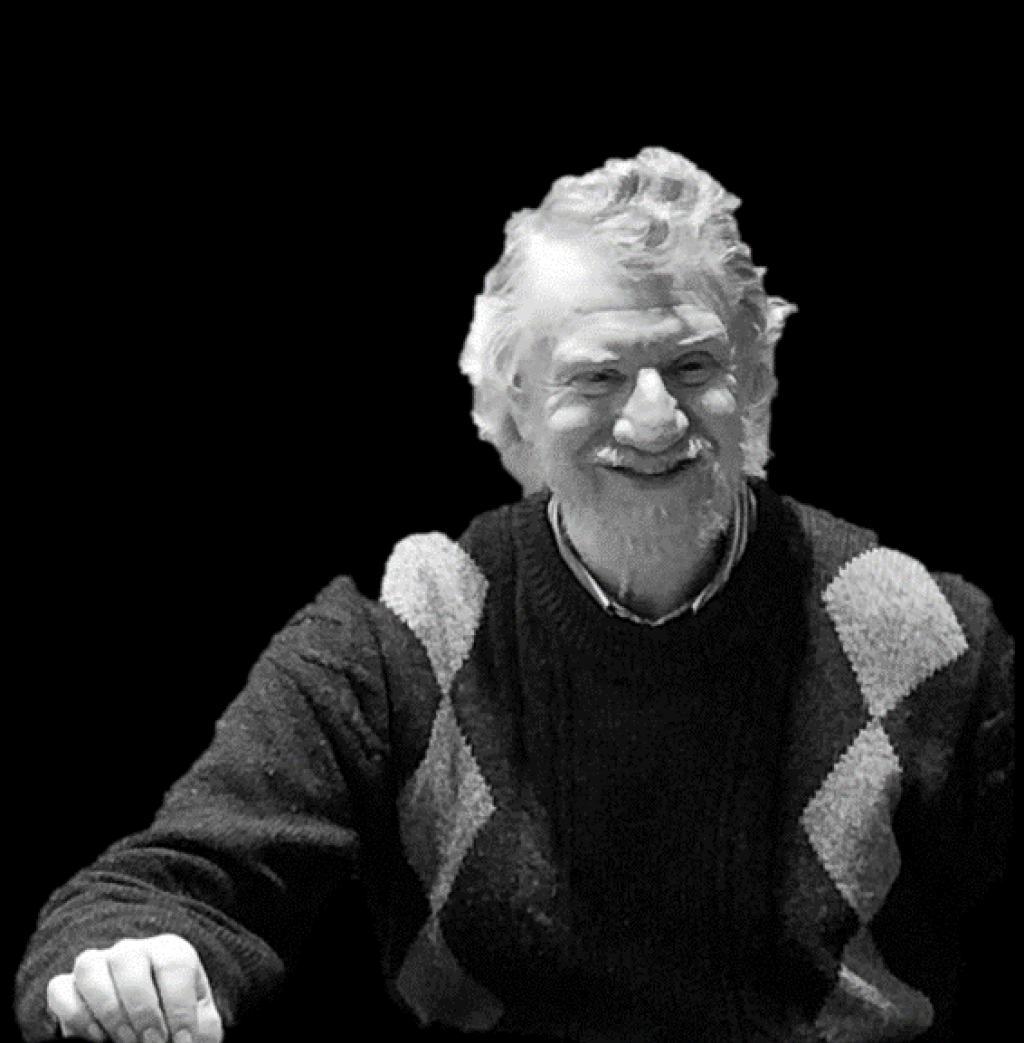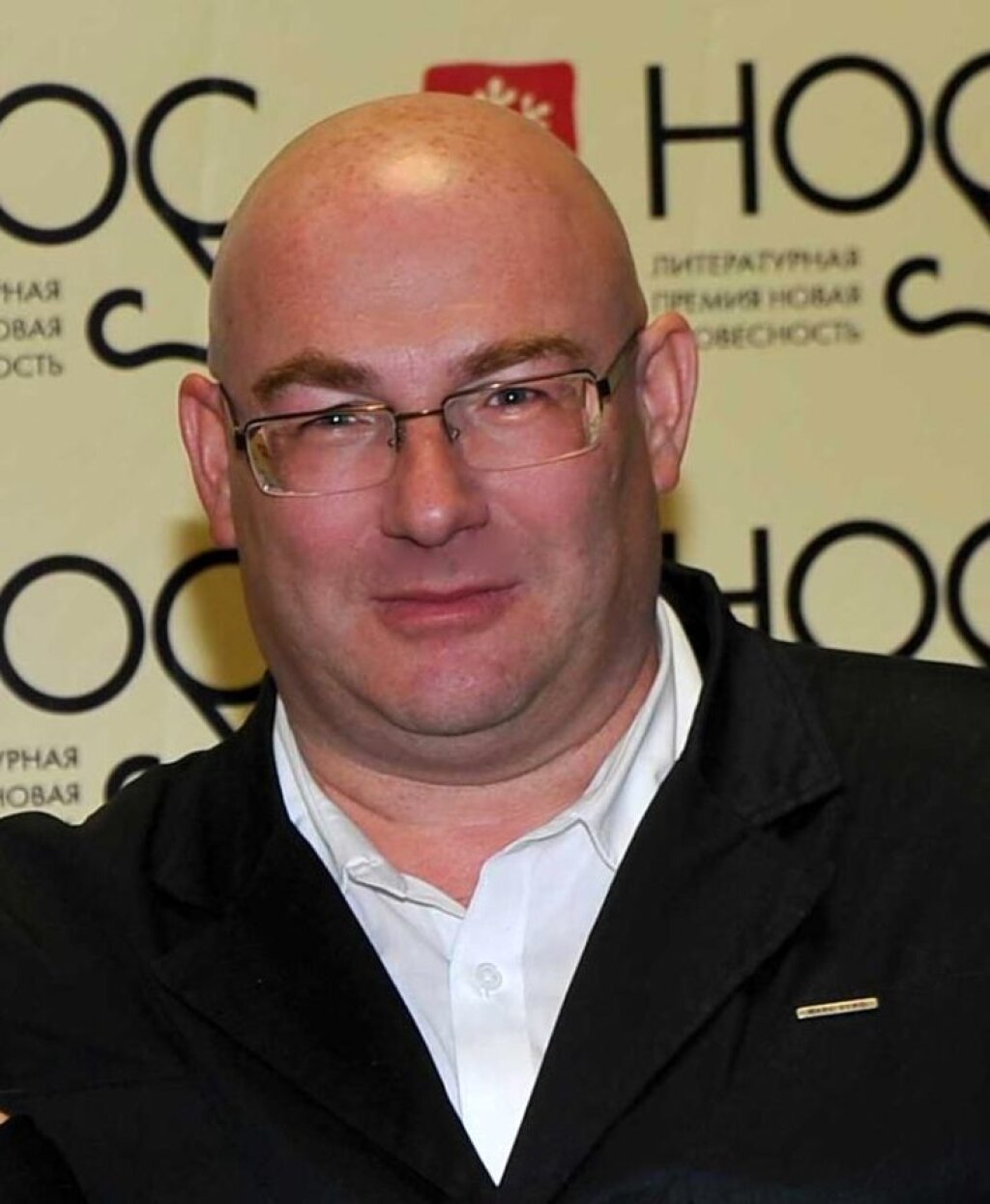During Vladimir Sharov’s lifetime, his historical novels at first triggered heated discussions, serving as an example of postmodernist “blasphemous” treatment of Russian history; later they received important literary prizes; yet, they never belonged to the mainstream and enjoyed wide readership. However, after the writer’s untimely death, many literary authorities spoke about Sharov’s historiographic metafiction as one of the most powerful and original literary achievements of the last decades. Written from the 1980s to 2017, his novels present the millenarist discourse as the driving force of Russian revolution, as well as its prehistory and subsequent events, first and foremost, the Great Terror. Sharov reconstructs a metanarrative that fuses sectarian eschatologism and interpretation of the revolution as the path toward the Second Coming, combining modernist sensibilities with theological justifications of Rusian and Soviet history.
Mark Lipovetsky is a Professor of Russian at the Department of Slavic Languages, Columbia University. Born and educated in the USSR, since 1996 he works in the US. He is the author of ten books and more than a hundred articles published in the US, Russia, and Europe. He also co-edited a dozen of volumes of articles on Russian literature and culture. Among his monographs are the following: Russian Postmodernist Fiction: Dialogue with Chaos (1999), Paralogies: Transformation of (Post)modernist Discourse in Russian Culture of the 1920s-2000s (2008), Performing Violence: Literary and Theatrical Experiments of New Russian Drama (2008, with Birgit Beumers; Russian version - 2012), Charms of Cynical Reason: The Transformations of the Trickster Trope in Soviet and Post-Soviet Culture (2011), and Postmodern Crises: From Lolita (2017). He is one of four authors, together with Andrew Kahn, Irina Reyfman, and Stephanie Sandler, of a 900-page long History of Russian Literature published by Oxford University Press. Lipovetsky edited 5-volumes of Dmitry Prigov’s collected works and currently is working on his critical biography. Lipovetsky’s works were nominated for Russian Little Booker Prize (1997) and short-listed for the Andrey Bely Prize (2008). In 2014, Lipovetsky received an award of the American Association of Teachers of Slavic and East European Languages for the outstanding contribution to scholarship.
Watch the event recording on YouTube here.




